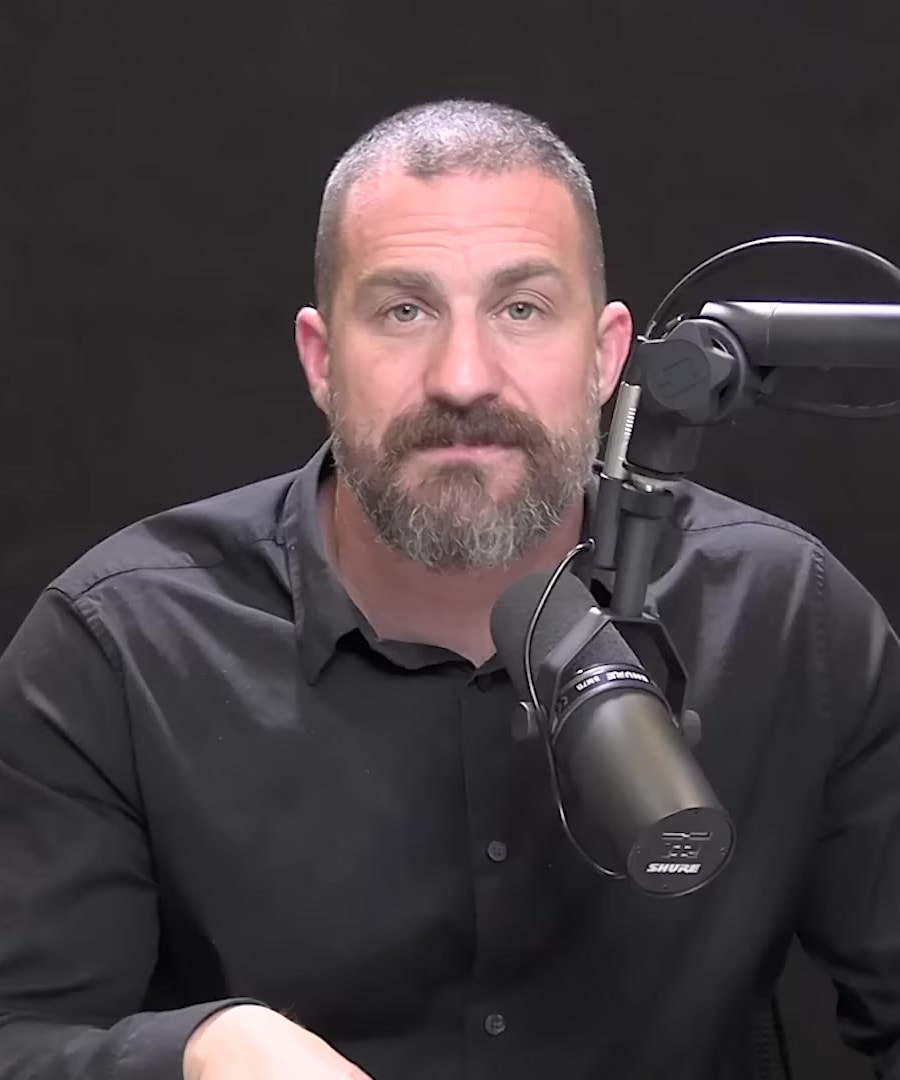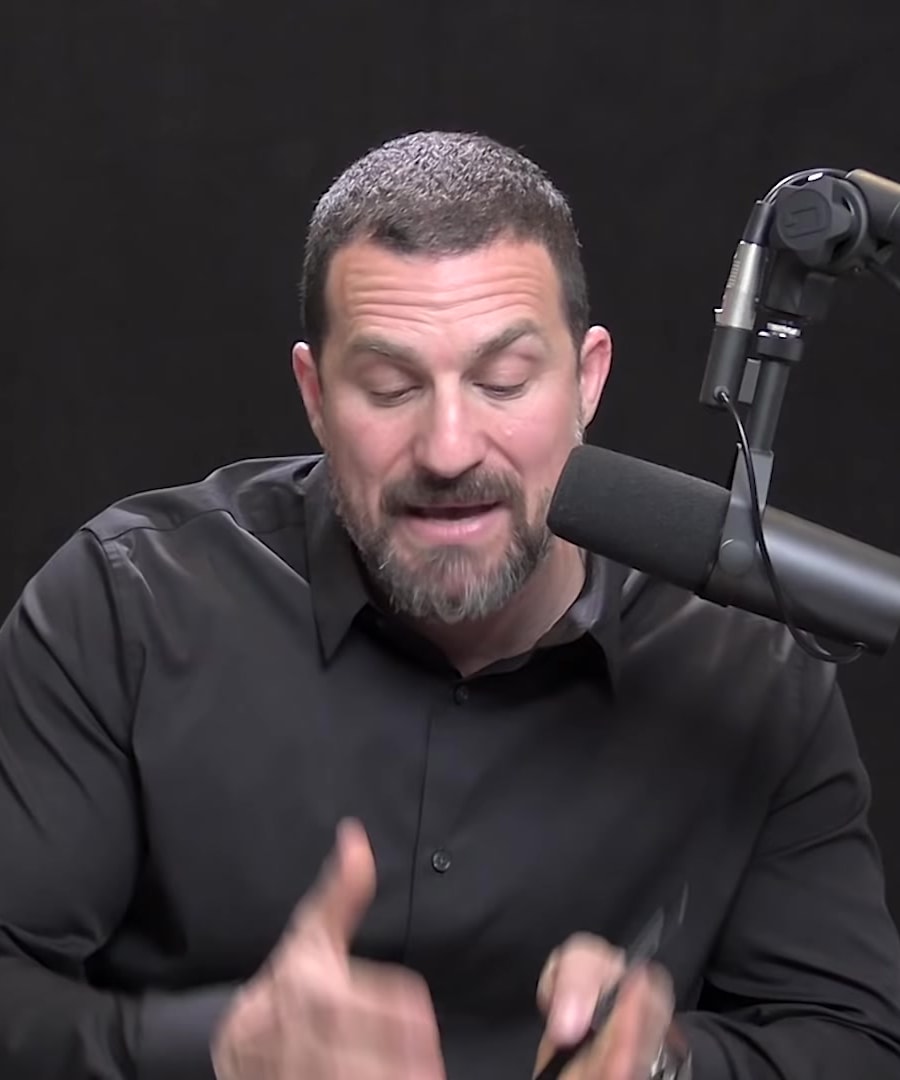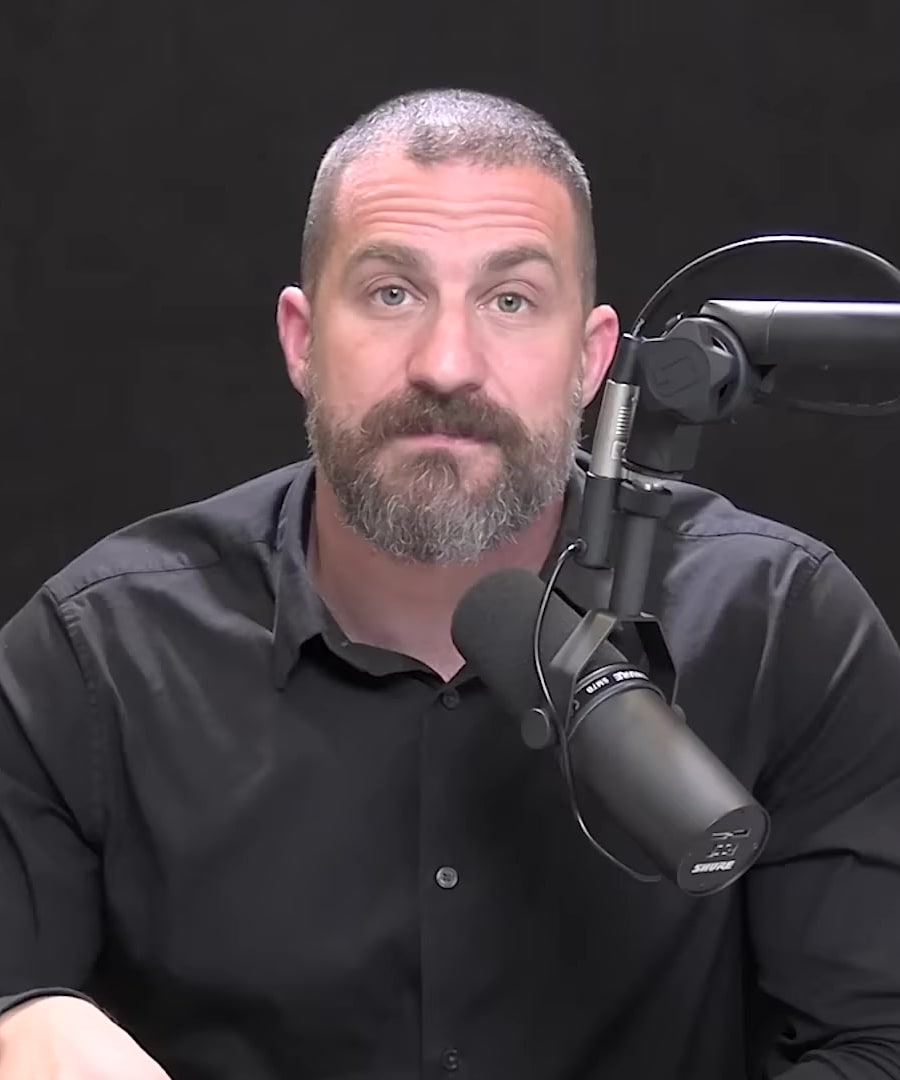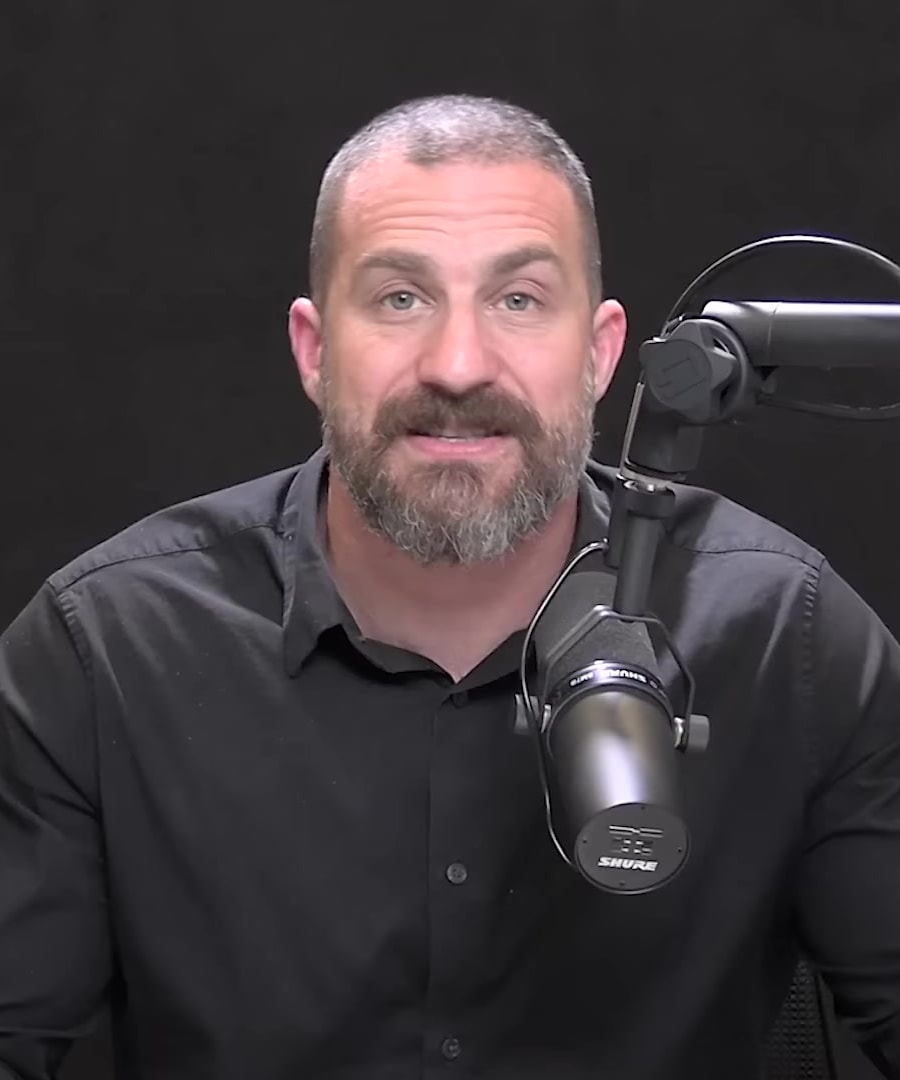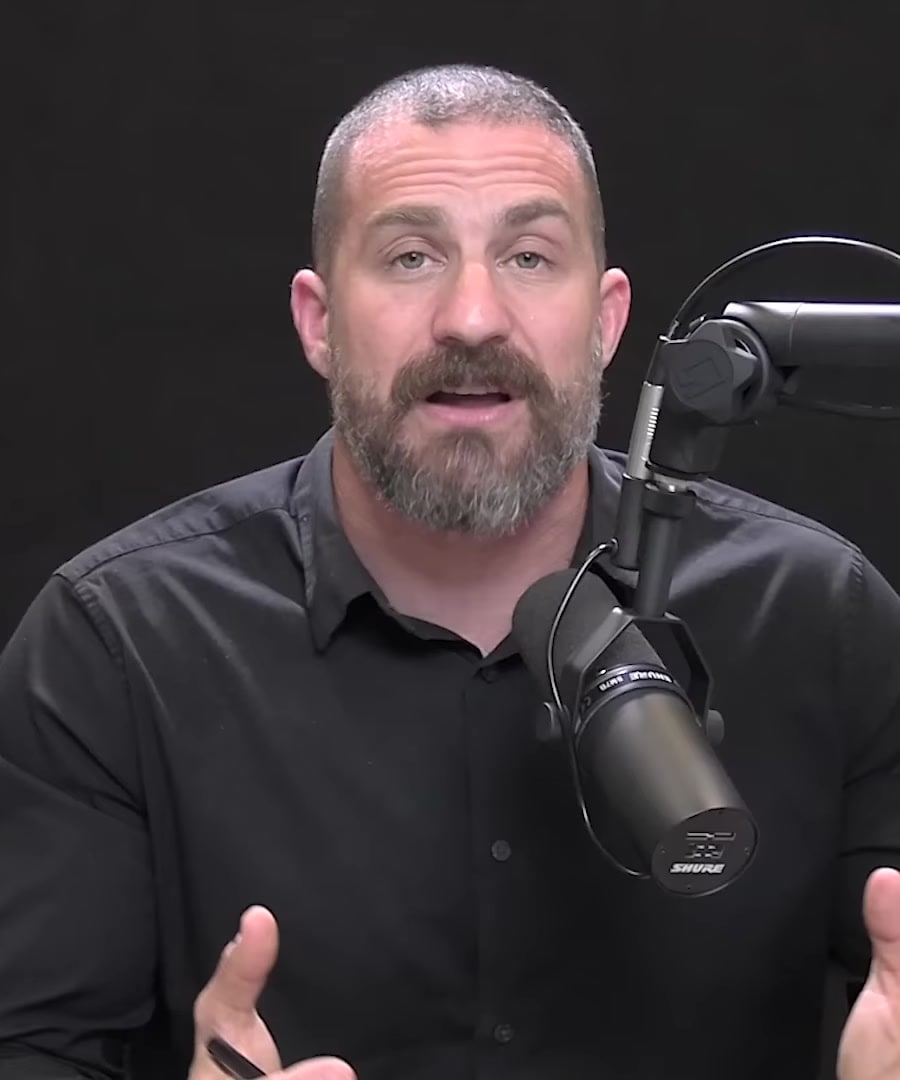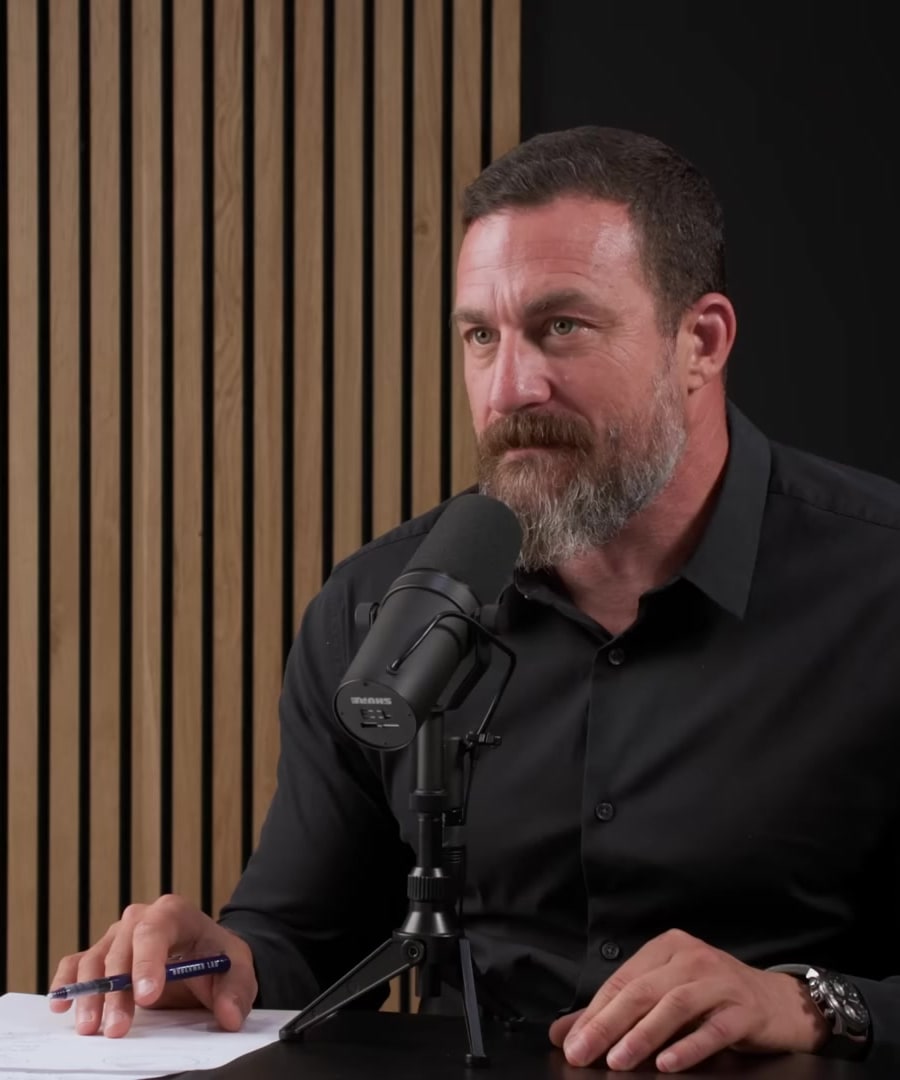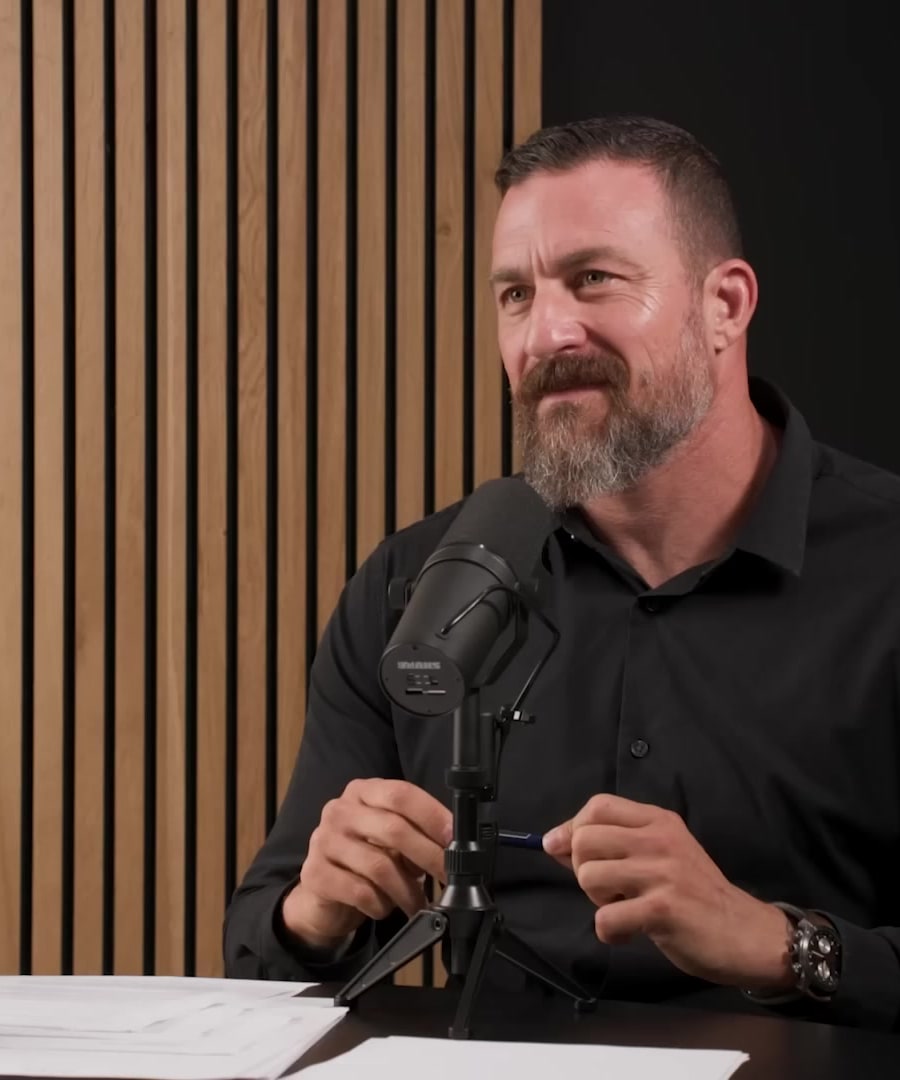What are effective lifestyle changes to combat anxiety?
Sources:
Effective lifestyle changes to combat anxiety include:
-
Quality Nutrition and Sleep: Regular, ample sleep helps regulate the autonomic nervous system, which is involved with fear and alertness. Good sleep ensures that anxiety-related systems and general cognition function efficiently. Quality nutrition also plays a role in mental health, although the proper foods may vary individually 1.
-
Social Connection: While it's common to use texting and online communication as a proxy for connection, authentic social interactions are crucial for reducing long-term stress, a key contributor to anxiety. Maintaining meaningful social relationships can be significantly more effective at mitigating stress than some other measures like exercise 2.
It's important to implement these changes consistently as part of one's lifestyle to effectively manage anxiety.
RELATED QUESTIONS-
Summarize Erasing Fears & Traumas Based on the Modern Neuroscience of Fear | Huberman Lab Podcast #49
Sources:
In , examines the modern neuroscience of fear, discussing pathways in the brain that underlie fear responses and how chronic fear can lead to trauma and PTSD. He explores various pre-existing and emerging approaches to handling fear, trauma, and PTSD, including both clinical interventions and self-directed practices.
also covers the concept of "rewiring" fear, highlighting the importance of not only extinguishing fears but also attaching new, positive experiences to the events or stimuli that previously elicited fear or trauma. This approach is key to alleviating fear and trauma effectively.
Additionally, talks about the inheritance of predispositions to fear or trauma. Findings suggest that severe abuse can cause genetic changes that are passed on to offspring, increasing their susceptibility to developing trauma or fear in response to certain types of events, although the specific types of events may vary.
The podcast also discusses an actionable stress relief protocol from a study on mice that demonstrated that daily short bouts of intense stress could reverse the effects of chronic stress. This finding is exciting for potential application in the clinical setting and indicates that similar mechanisms may be applicable to humans. connects this with work in his own lab which explores how five-minute respiration protocols can reduce stress in humans, bringing promising results 1 2 3 4 5.
RELATED QUESTIONSSummarize Erasing Fears & Traumas Based on the Modern Neuroscience of Fear | Huberman Lab Podcast #49
Sources:
In , Dr. Andrew Huberman delves into the neuroscience of fear and how fears and traumas can persist or be resolved. He explains that chronic fear can lead to trauma and PTSD, and discusses a range of clinical and self-directed approaches for handling these issues. Andrew emphasizes the importance of rewiring fear, not just extinguishing it, by attaching new positive experiences to stimuli that previously triggered fear responses. He also touches on trans-generational trauma, noting that severe trauma can lead to genetic changes that predispose offspring to similar issues.
Huberman describes a recent study that suggests brief intense stress can reverse the effects of chronic stress, a protocol that may soon see clinical application. His own lab's research, focusing on five-minute respiration protocols, is finding promising results for stress reduction in humans.
In conclusion, Huberman discusses current treatments for anxiety and PTSD, identifying them as often insufficient since they don’t directly tap into the fear circuits of the brain, and underscores the need for new treatments that engage these circuits. Lifestyle elements like quality nutrition, sleep, and social connection are also mentioned as indirect, but essential, supports for overcoming fear and trauma 1 2 3 4 5.
RELATED QUESTIONSHow to combat the fear of the future
Sources:
To combat the fear of the future, and his guests on the offer several strategies:
-
Developing self-awareness: Understanding your past experiences and acknowledging how they shape your actions moving forward can help prevent you from being too "action-oriented" without a proper foundation. It is beneficial to recognize and address what lies in your unconscious that may be influencing your fears of the future 1.
-
Building resilience to uncertainty: Becoming more tolerant of uncertainty can significantly decrease anxiety and depression related to the fear of the future. Practices that help develop this tolerance include mindfulness, reframing the unknown as a natural and intriguing part of life, and adopting a physically receptive posture to help mentally accept and receive whatever the future may bring, rather than trying to control it 2.
-
Understanding competitive dynamics: Recognizing the nature of fear in relation to competitiveness might help contextualize fears about the future. For example, fear can be a response to perceived threats or competition. Understanding the origin of your fears, whether they are due to internal status struggles, geopolitical issues, or other factors, may help you address them more effectively 3.
Together, these insights provide a multifaceted approach to handling fear associated with the unknown future, aiming to empower individuals to face it with self-awareness, resilience, and understanding of broader societal dynamics.
RELATED QUESTIONS-
Summarize Dr. Paul Conti: Tools and Protocols for Mental Health | Huberman Lab Guest Series
The covers various strategies and insights related to mental health, focusing on practices for self-care, managing panic attacks, overcoming guilt and shame, and tapping into the unconscious for personal change. Key highlights include:
- Understanding the importance of true self-care and self-inquiry.
- Journaling as a tool to explore personal reflection and cultivate gratitude.
- Dealing with panic attacks, intrusive thoughts, and the power of self-awareness.
- Building agency and gratitude through active processes to find pleasure and build health.
- Insights into relationships, emotional abscesses, and how to access the unconscious mind for healing and growth.
- Reflecting on past experiences ("from age 0 to 10") to unlock unconscious patterns.
- The importance of confronting and working through feelings of shame and guilt.
- Strategies for reframing perspectives on busyness and exploring defense mechanisms.
- Recognizing maladaptive patterns and mechanisms of 'acting out'.
- Changing deeply ingrained, self-salient perceptions.
- Empowerment through self-reflection and humility to navigate life's complexities.
- Understanding and managing anger for better prosocial behaviors.
This episode emphasizes introspection and transformative practices to enhance mental well-being, foster empowerment, and navigate personal limitations.
RELATED QUESTIONS
What are effective lifestyle changes to combat anxiety?
- RELATED QUESTIONS
Summarize Erasing Fears & Traumas Based on the Modern Neuroscience of Fear | Huberman Lab Podcast #49
- RELATED QUESTIONS
Summarize Erasing Fears & Traumas Based on the Modern Neuroscience of Fear | Huberman Lab Podcast #49
- RELATED QUESTIONS
How to combat the fear of the future
- RELATED QUESTIONS
Summarize Dr. Paul Conti: Tools and Protocols for Mental Health | Huberman Lab Guest Series
- RELATED QUESTIONS
